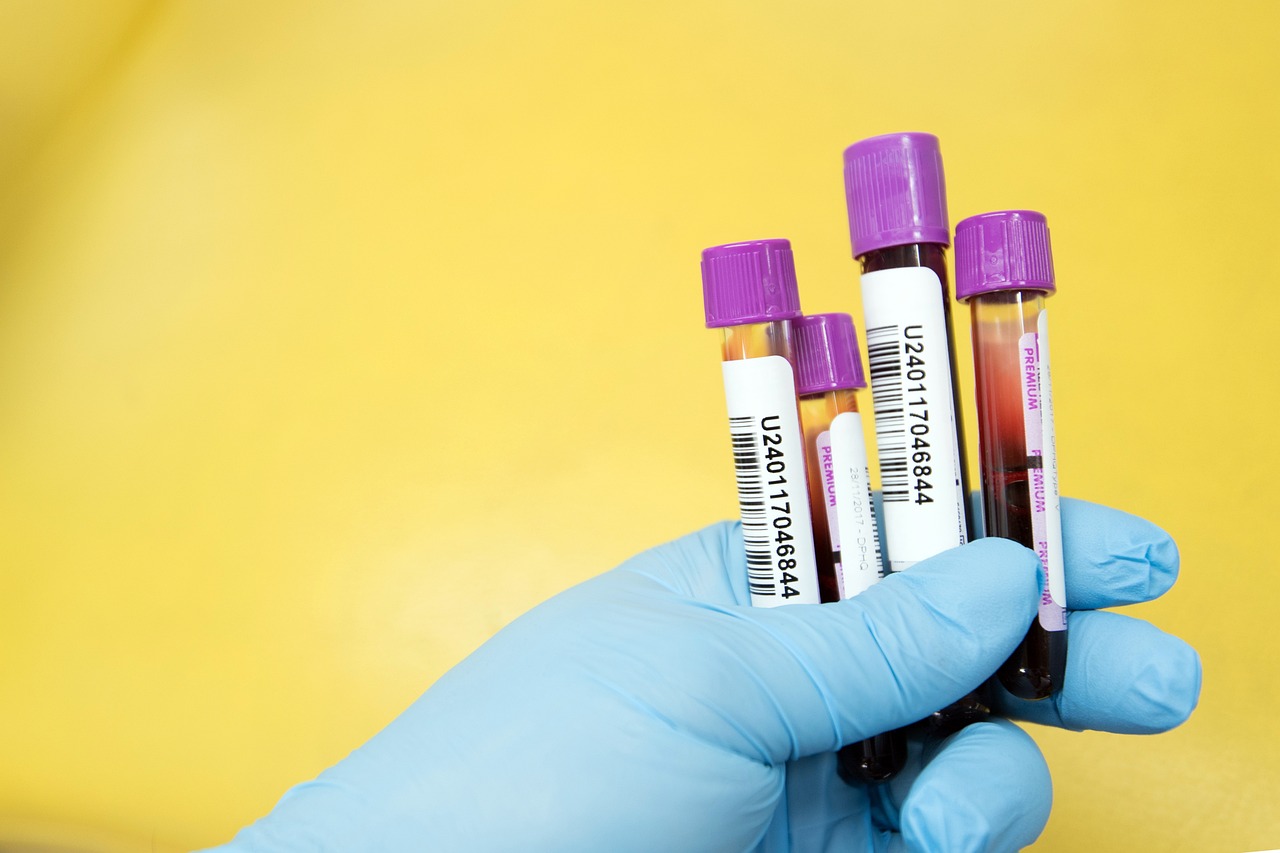Analyzing the Health Effects of Electrolyte Imbalance
Electrolyte imbalance can be caused by various factors such as excessive sweating during intense physical activity or hot weather. When we sweat, we lose essential electrolytes such as sodium and potassium, disrupting the balance within our body. Inadequate intake of electrolytes through diet and hydration can also contribute to this imbalance, especially if there is a lack of variety in the foods consumed.
Certain medical conditions, such as kidney disease or gastrointestinal disorders, can lead to electrolyte imbalances as well. These conditions may affect the body’s ability to regulate and maintain proper levels of electrolytes. Additionally, medications like diuretics or certain antibiotics can interfere with electrolyte balance, making it important for individuals to be aware of the potential side effects and to consult with healthcare providers about monitoring their electrolyte levels.
Symptoms to Look Out For
One common sign of electrolyte imbalance is muscle cramps. These cramps can occur in various parts of the body, such as the legs, arms, or abdomen, and they may be very painful. Muscle weakness and fatigue are also frequent symptoms, as electrolytes play a crucial role in muscle function and energy production.
In addition to muscle-related symptoms, changes in heart rhythm can be a red flag for electrolyte imbalance. Irregular heartbeat, palpitations, or a sensation of fluttering in the chest could indicate that the electrolyte levels in the body are not properly balanced. It’s essential to pay attention to these signs and seek medical advice if you experience any of these symptoms.
Effects on Heart Health
Electrolyte imbalance can have significant repercussions on heart health. When crucial electrolytes like potassium, sodium, calcium, and magnesium are not at their proper levels, it can disrupt the heart’s normal rhythm and function. This imbalance may lead to arrhythmias, palpitations, or even more severe cardiac issues such as cardiac arrest.
Moreover, electrolyte imbalances can also impact the body’s fluid balance, putting additional strain on the heart. Dehydration from decreased electrolyte levels can reduce blood volume, making it harder for the heart to pump blood effectively throughout the body. This added stress on the heart can potentially lead to high blood pressure and increase the risk of cardiovascular diseases in the long run.
How can an electrolyte imbalance affect heart health?
An electrolyte imbalance can disrupt the heart’s normal electrical impulses, leading to heart rhythm abnormalities and potentially dangerous conditions like arrhythmias.
What are some common symptoms of an electrolyte imbalance related to heart health?
Symptoms may include palpitations, irregular heartbeat, dizziness, fainting, chest pain, and shortness of breath.
What are some causes of electrolyte imbalances that can impact heart health?
Causes can include dehydration, excessive sweating, certain medications, kidney disease, hormonal imbalances, and certain medical conditions like diabetes.
How can electrolyte imbalances be diagnosed and treated to prevent negative effects on heart health?
Blood tests can help diagnose electrolyte imbalances, and treatment may involve dietary changes, supplements, medication adjustments, or addressing underlying medical conditions.
Can electrolyte imbalances be prevented to maintain good heart health?
Yes, staying hydrated, eating a balanced diet rich in electrolytes, avoiding excessive sweating without replenishing fluids, and monitoring medication side effects can all help prevent electrolyte imbalances and support heart health.







